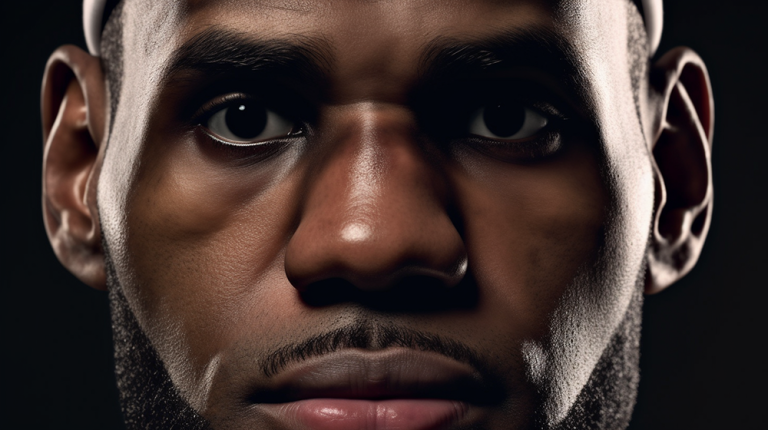The digital revolution is upon us, my friends. The Wii U launched with nearly a full catalog of retail titles available for download directly to a hard-drive and the 3DS is seeing more of its releases available directly in the Nintendo eShop. The age of waiting in line at GameStop or the equivalent is over unless you’re after those exclusive items, like the Fire Emblem: Awakening 3DS bundle, or various collector’s editions released with goodies for those games.
This begs the question: Are you more likely to buy a digital game if there are no bonuses to owning a physical copy?
I’ve thought about it myself and realized that there are very specific cases in which I prefer to purchase my games digitally. One of these is games on PC, where Steam is the leading digital distribution platform. Valve has used Steam to make obtaining games at a great price mean I can download and play a game with just two clicks of a button. The last time I purchased a hard copy of a PC product was when Spore came out in 2008.
Nintendo seems to be emulating Valve somewhat, as they have whole-heartedly embraced the offering of retail games through their own digital channel. Microsoft has allowed it for some time, but only for select titles that are deemed “best sellers”. Sony is considerably better than Microsoft at offering titles as I bought Far Cry 3 digitally, but they still lag behind Nintendo in their latest venture.
The pros of buying digitally are many. As soon as I complete the purchase, the game is mine and I can play it immediately. I don’t have to waste time going to the store. Additionally, in regards to the 3DS, I can download the game and save it onto my SD card and not have to worry about carrying a bunch of extra cartridges around with me. Portability is always a plus.
Of course, there are several downsides to digital purchases as well. As with the Xbox 360 in its early years, downloads on the Wii U are currently tied to the console and not the Nintendo account that purchased them. That means if something happens to your Wii U, you’ll lose your purchases. That’s a scary thought, considering the rate of console failure for last generation, where terms such as the Red Ring of Death and the Yellow Light of Death were coined for competitor’s consoles.
Nintendo could easily fix this caveat by tying purchases directly to a Nintendo account instead of the hardware itself. That’s the fix Microsoft employed with their Xbox Live Arcade and it has worked out well for people who have had to replace consoles due to failure.
Another issue of digital distribution is price. Retailers such as Walmart and Target often offer great deals on discs simply to move some of the stock they have. They certainly don’t want it sitting on shelves for six months after release, so it’s common to see sales of $10, $15, or even $20 off relatively new games. This isn’t something that occurs with digital distribution very often.
Steam has perfected the art of the sale when it comes to making sure games are both affordable and accessible, but neither of the big three players in the console market have come close to offering what it can do. The Wii U and its digital functionality hasn’t been around long enough to judge the sales that have been available on it, but they’re comparable to the $5 and $10 off indie titles that we’ve seen offered on Microsoft and Sony platforms. Only Sony seems to understand what benefit putting your products on sale can have, as PlayStation Plus members receive an additional discount beyond what the sale price offers.
The problem for consumers when it comes to digital distribution is a plus for developers and publishers. When a consumer buys a game disc and finishes it, that consumer can take it to GameStop or sell it on eBay to recoup some of the money invested in the product. This leads others to buy the product at a discounted rate, but none of that money goes back to the original publisher or developer. Many publishers consider this double-dipping and have condemned the practice of selling used games.
With digital distribution, the game is tied directly to the consumer’s account, so once they’re finished playing the game, it sits there as it can’t be unlinked. This keeps the publisher and the developer happy, since no new sales can be generated through used games, but it also keeps the consumer’s wallet empty, since many people rely on being able to trade in their games to play all the latest hits.
Losing the ability to trade-in games that they no longer want or didn’t enjoy is a deal breaker for many people. One of the loudest cries of people in discussing digital distribution is that once bought, the game should be yours to do with as you please instead of operating like a license that can be taken away at any time.
With all of these points considered, are you comfortable buying games digitally or would you rather have physical copies of your media? What changes would you like to see made to how Nintendo distributes their games for the future? Let us know in the comments.











